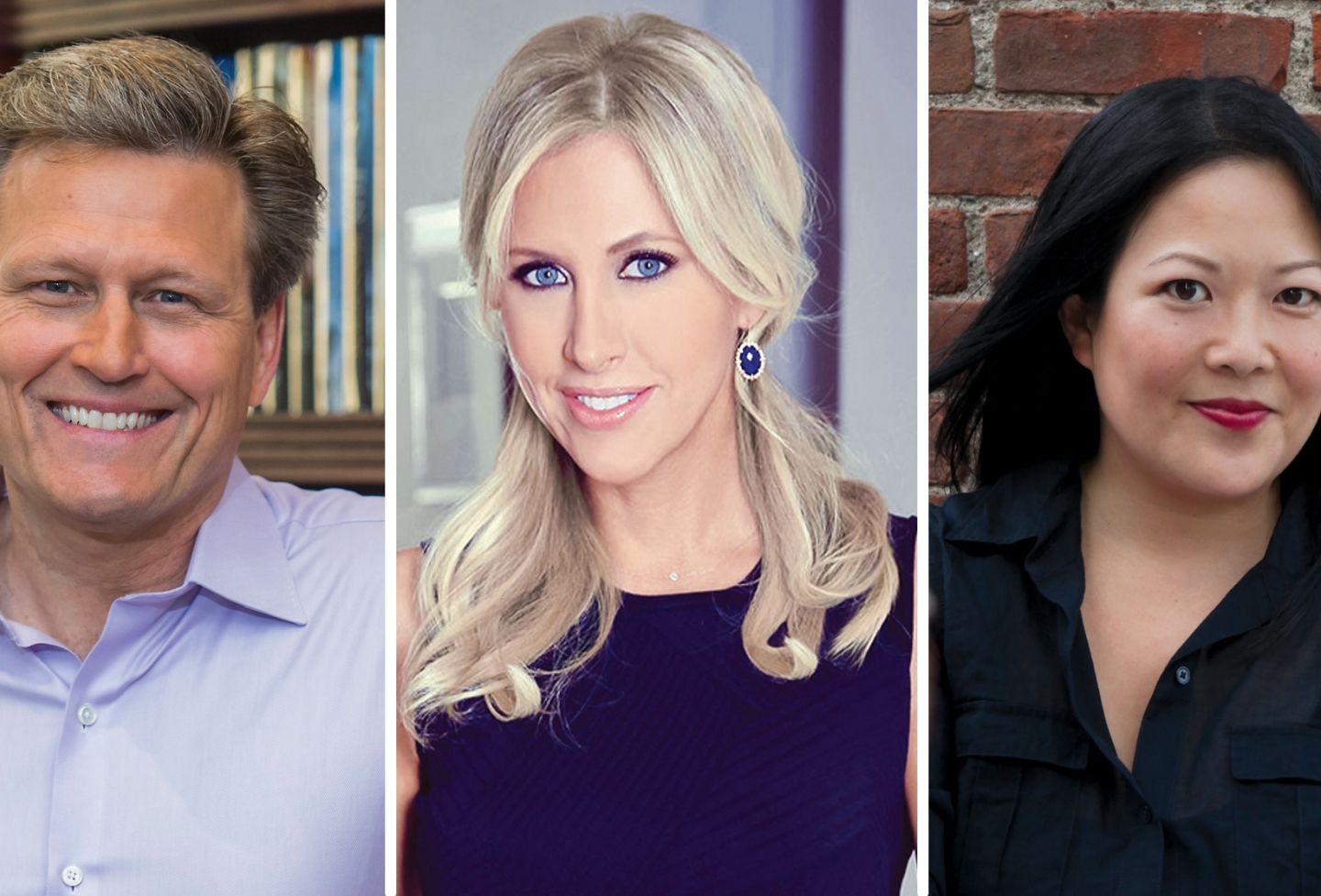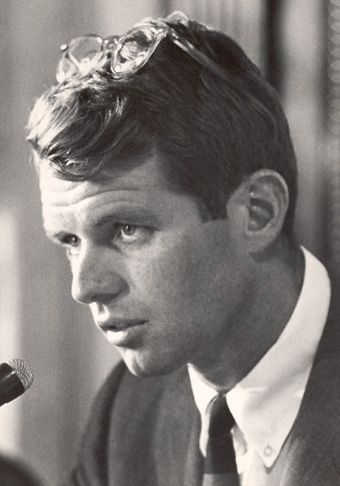
5 Who Fought for Rights
1. Robert F. “Bobby” Kennedy ’51
An Attorney General Who Aided Civil Rights
As U.S. attorney general, Robert F. Kennedy ’51 aided the civil rights movement as it made substantial leaps forward.
Kennedy prosecuted corrupt Southern elections officials; pushed for further integration of federal agencies; worked to maintain the safety of the Freedom Riders, who were protesting the lax enforcement of integrated public buses in the South; and sent U.S. Marshals to Mississippi to enforce the admittance of the first African-American student, James Meredith, at the University of Mississippi.
His brother, President John F. Kennedy, would later send troops to quell violence at the Mississippi campus. But sending troops into academic settings was something the administration sought to avoid.
When Prince Edward County, Virginia, closed its public schools in 1959 in response to desegregation, Bobby Kennedy was largely instrumental in creating the Prince Edward Free School Association, a private coalition that formed in 1963 to raise funds and coordinate a catch-up education for the black students there. (Among the members of the biracial board of trustees was F.D.G. Ribble ’21, who was dean when Kennedy attended the Law School.)
Kennedy also urged on what would become the Civil Rights Act of 1964, which he greatly influenced. It was passed under President Lyndon B. Johnson.
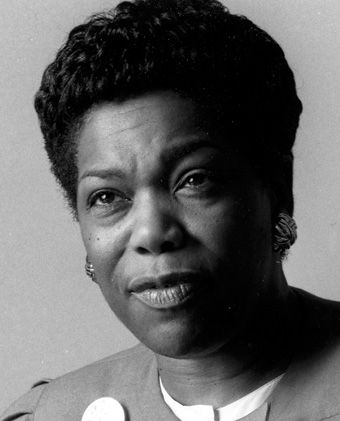
2. Elaine Jones ’70
Leading the NAACP Legal Defense Fund
Elaine Jones ’70, the first black female graduate of the Law School, was director-counsel and president of the NAACP Legal Defense Fund from 1993-2004 — the first woman to rise to the highest leadership role within the organization.
During that period, two cases in which the fund was involved — Grutter v. Bollinger and Gratz v. Bollinger — had ascended to the Supreme Court together, testing affirmative action. In 2003, the court agreed in these cases that race could be considered in granting opportunity.
“We wouldn’t have diversity in business or anywhere if we had lost,” Jones told UVA Lawyer last year.
Jones previously ran the Washington, D.C., office of the Legal Defense Fund for 14 years, litigating class-action cases as she engaged in legislative activity. (During that time, she also became the first black person named to the board of governors of the American Bar Association.)
Her D.C. service reshaped the federal judiciary and played key roles in securing passage of the Voting Rights Act Amendments of 1982, the Fair Housing Act of 1988, the Civil Rights Restoration Act of 1988 and the Civil Rights Act of 1991.
In addition, her efforts to certify the record in Furman v. Georgia and working on subsequent criminal cases helped save the lives of many on death row. Civil cases she was involved in fought discrimination, including disparate pay and promotion as addressed in Patterson v. American Tobacco. In total, her active service to the organization spanned 34 years.
Jones took a leave of absence during her time at the fund to serve as special assistant to the Office of the U.S. Secretary of Transportation, where she helped institute the new policy of women in the Coast Guard serving at sea.
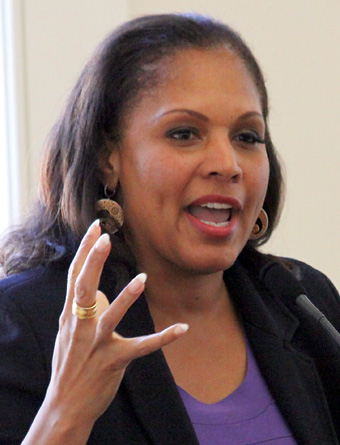 3. Kim Keenan ’87
3. Kim Keenan ’87
Legal Chief at the NAACP
From 2010-14, Kim Keenan ’87 oversaw key governance, risk management, civil rights litigation and contracts issues as chief legal counsel for the NAACP. In partnership with the CEO, she authorized all national and state direct action — from lawsuits to marches and rallies. She was only the second woman in that role, and the youngest in the position.
 4. Jeffrey Kerr ’87
4. Jeffrey Kerr ’87
Fighting Animal Abuse
General counsel of People for the Ethical Treatment of Animals, or PETA, since 1994, Jeffrey Kerr ’87 and his legal team have been on the frontlines of seeking fundamental rights for animals.
Victories for his team include the first defeat of so-called “ag-gag” laws that attempt to silence whistleblowers and shield the abuse of animals in the agricultural industry, the first convictions for meat-industry workers for cruelty to animals, the first conviction for fetish videos in which animals are crushed to death, and pressure on both Sea World and the Ringling Bros. and Barnum & Bailey Circus to abandon cruel practices related to whales and elephants respectively. (Ringling Bros. shut down in 2017 after years of legal complaints, and Sea World announced in 2016 that it would phase out its killer whale show.)
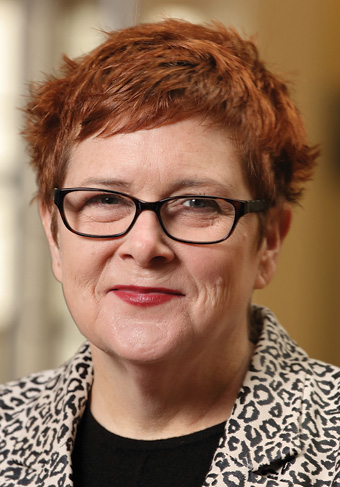 5. Mary Bauer ’90
5. Mary Bauer ’90
Seeking Justice for Immigrants
Mary Bauer ’90 recently rejoined the Southern Poverty Law Center to guide its efforts on immigrant justice, an underlying theme of her career. According to the center, she “provides direct representation to immigrants in five detention centers in the South and also is involved in strategic impact campaigns to change the systems that oppress immigrants.” She founded the Immigrant Justice Project at SPLC in 2004. She has written expert reports and testified before Congress on immigrant and nonresident labor issues, including the sometimes-abusive nature of guest-worker programs.
Bauer previously served as executive director of the Legal Aid Justice Center in Charlottesville, and as legal director of both the SPLC and the ACLU of Virginia.
More Change Agents
- 100 Change Agents: A Completely Incomplete List of UVA Lawyers Who Changed the World
- 5 in Criminal Law, 5 in Government Service
- 5 in International Law, 5 Military Leaders
- 5 Virginia Voices
- 5 Business Leaders, 5 General Counsel, 5 in Investing, 5 in Law Firms
- 5 Nonprofit Leaders, 5 Educational Leaders
- 5 Who Were There To Make a Difference
- 5 Best-Selling Authors
- 5 in Sports, 5 in Entertainment
- 5 in a League of Their Own
- 5 From the Early Days, 5 Firsts
- 5 Who Changed UVA



